Israel not to engage in talks with Palestinians on hunger strike: Minister
A senior Israeli official says the regime will not enter negotiations with Palestinian prisoners who have launched an open-ended hunger strike in protest at harsh prison conditions and restrictions on family visits.
Minister of Public Security Gilad Erdan said on Tuesday that he believes the strike is politically motivated, and that he sees no legitimacy for the prisoners’ action.
“My policy is that you can’t negotiate with prisoners such as these... There is no reason to give them additional conditions in addition to what they already receive,” he told Israel’s Army Radio.
'Strike leader sent to solitary'
Erdan said the Palestinian prisoners’ hunger strike leader, Marwan Barghouti, has been transferred to another prison in northern Israeli-occupied territories and placed in solitary confinement.
“It doesn’t have to do with publishing the article (in The New York Times) but rather that he is instigating mutiny and leading the hunger strike and that is a severe violation of the rules of the prison,” the Israeli minister claimed.
In an opinion piece published in The New York Times earlier this week, Barghouti wrote that Palestinian prisoners and inmates in Israel “have suffered from torture, inhumane and degrading treatment, and medical negligence.” He said he organized the hunger strike to fight back after all other options failed to produce results.

Family visits suspended
Meanwhile, the International Committee of the Red Cross (ICRC) says the Israel Prison Service (IPS) has suspended family visitation rights to hunger striking Palestinian prisoners.
An unnamed source from the ICRC said the Geneva-based humanitarian institution had been notified that visits for Palestinian prisoners would be forbidden until further notice in response to the strike.
Palestine’s official Palestinian news agency Wafa reported on Tuesday that some 1,500 prisoners from all Palestinian political factions are taking part in the open-ended hunger strike.
On April 13, the London-based prominent rights group Amnesty International called on the Tel Aviv regime to end “unlawful and cruel” policies towards Palestinian prisoners.
“Israel's ruthless policy of holding Palestinian prisoners arrested in the Occupied Palestinian Territories in prisons … is a flagrant violation of the Fourth Geneva Convention,” said Magdalena Mughrabi, Deputy Regional Director for the Middle East and North Africa at Amnesty International.
“It is unlawful and cruel and the consequences for the imprisoned person and their loved ones, who are often deprived from seeing them for months, and at times for years on end, can be devastating,” Mughrabi added.
Israel to get tougher with Palestinian inmates: Analyst
Meanwhile, a Middle East political pundit has warned that the ongoing hunger strike by some 1,500 Palestinian prisoners will push the Tel Aviv regime to treat the inmates more savagely as Israeli authorities are afraid of the political alertness of those leading the action.
“These prisoners of wars, they understood correctly what the Zionist entity is aiming for in Palestine and in the region. Israel is billing itself as a new local source of superpower, which the United States of America can use to enslave the whole region,” Saeb Shaath told PressTV in an exclusive interview on Tuesday.
He noted that the elimination of the Palestinian resistance would be a real boon to the Zionist regime of Israel to swallow the rest of Palestinian lands, and even parts of Sinai Peninsula in Egypt and southern Lebanon.
“The imprisoned Palestinian leadership understands what is going on. They want people to continue and intensify their intifada (uprising), to change the game right now, and to prevent Israel from the blessing of Arab reactionary regime to break down the Palestinian resistance and succeed in Syria, Yemen, Libya or even Algeria,” Shaath said.
The analyst pointed out that the hunger striking Palestinian prisoners have been inspired by the 6th International Conference in Support of the Palestinian Intifada (Uprising), which opened in the Iranian capital city of Tehran on February 21 and wrapped up the following day.
Around 700 foreign guests from dozens of countries and representatives of pro-Palestinian organizations took part in the conference.
Mother’s Day: Sareh Javanmardi’s inspiring journey as Paralympic champion and mother
Russia downs over 40 Ukrainian drones as Putin vows 'destruction' on Kiev
VIDEO | Yemen: A bone in Israeli neck
D-8’s role in Iran’s economy after Cairo summit
China slams US as ‘war-addicted’ threat to global security
China ‘firmly opposes’ US military aid to Taiwan
VIDEO | Press TV's News Headlines
President Yoon Suk Yeol to be removed from office


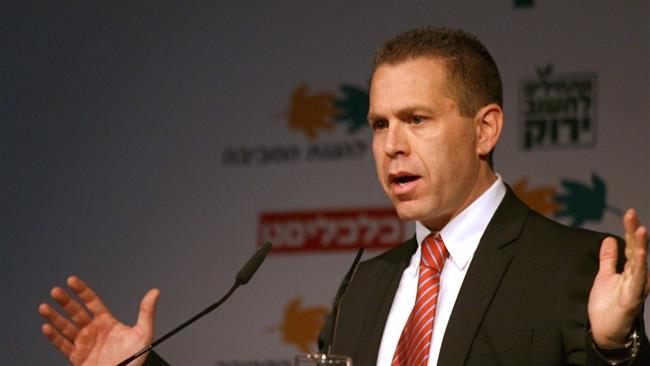







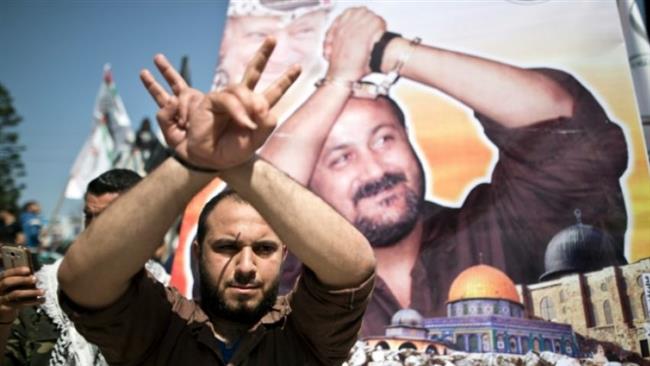
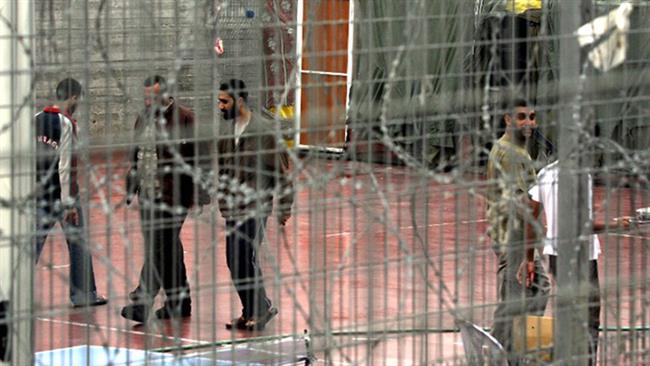


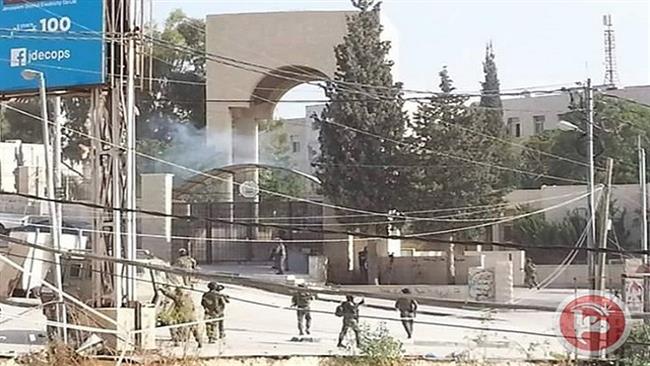
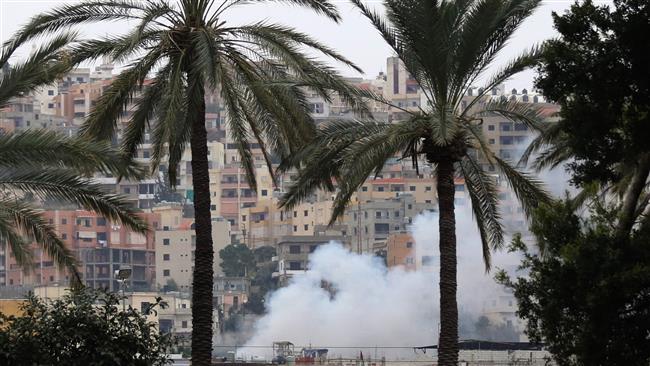

 This makes it easy to access the Press TV website
This makes it easy to access the Press TV website